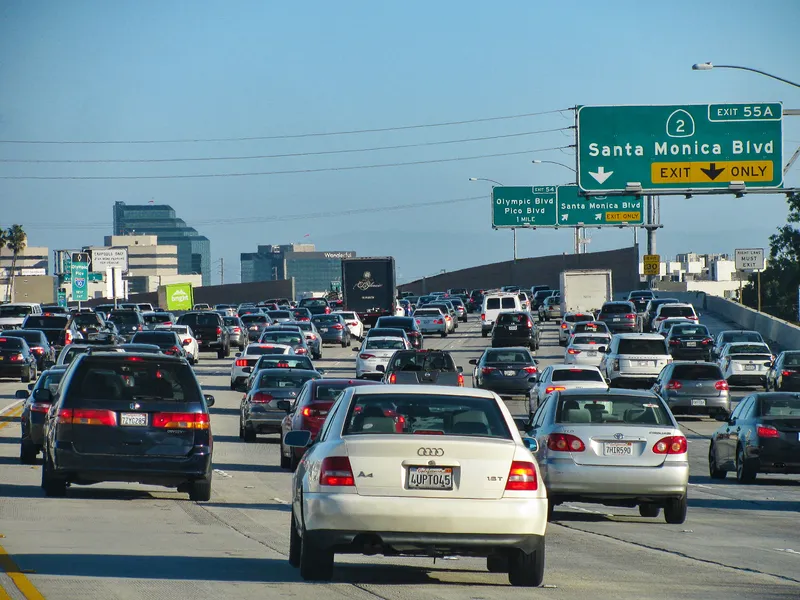The US
PTSS are commonly used to supersede flag use during roadway construction. While PTSS are used most commonly for single-lane road closures, they are also used during or after times of emergencies, planned events and non-normative vehicular signalisation needs.
PTSS are also used before or while permanent signals are being installed to reduce traffic bottlenecks and improve intersection safety during these transition times. PTSS are designed to enable critical movement of traffic using the implementation of appropriate new and existing standards.
NEMA publishes new standard for portable traffic signals
The US National Electrical Manufacturers Association (NEMA) has published NEMA TS 5-2017 Portable Traffic Signal Systems (PTSS) Standard.
May 22, 2017
Read time: 1 min








